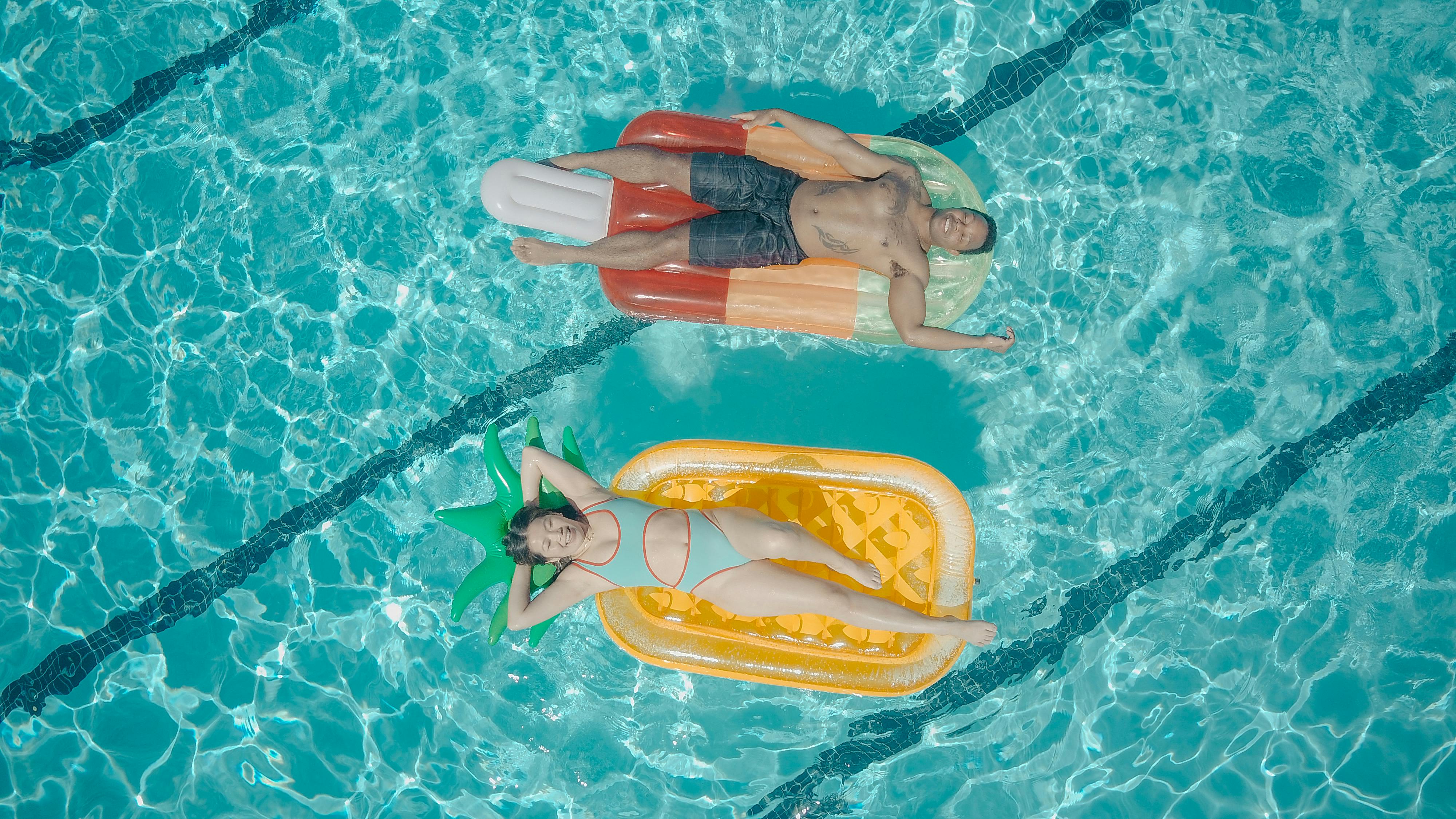CPAP machines are an essential medical device used to treat sleep apnea. One of the most important maintenance requirements for these machines is to use distilled water in the humidifier chamber. Distilled water helps to prevent bacteria and mineral deposits from building up inside the chamber and ensures that the machine functions properly. In this article, we will discuss why distilled water must be used in CPAP machines and other important tips for proper maintenance.Distilled water is water that has gone through a process of distillation, which removes many impurities from the water. It is typically used in CPAP machines to reduce the risk of contamination and bacterial growth in the device. The distilled water helps to prevent any minerals, bacteria, and other impurities from entering into the machine and potentially causing damage or health issues for the user. Additionally, it helps to keep the airways clear by removing any particles that could block air flow. Distilled water is essential for a CPAP machine to function properly and safely.
Benefits of Using Distilled Water in CPAP Machines
Using distilled water in CPAP machines can be beneficial for a few reasons. First and foremost, distilled water eliminates the need to constantly buy replacement filters, which can become costly over time. Without using filter replacements, users don’t have to worry about bacteria and other contaminants that can potentially cause respiratory illnesses. Additionally, distilled water helps to reduce the amount of noise and vibration from the machine, making it easier for users to sleep peacefully without any disturbances.
The use of distilled water can also help extend the lifespan of a CPAP machine since it eliminates scale buildup on parts like the air tubing or humidifier chamber – which is caused by hard tap water or mineral deposits in tap water. This corrosion can cause damage to these components over time and lead to an increased risk of illness due to exposure to contaminated air. By using distilled water, this risk is eliminated and users can rest assured that their machine is running smoothly and safely.
Lastly, using distilled water helps maintain a consistent temperature in the CPAP machine while also providing much-needed moisture for users who suffer from dryness or discomfort while sleeping with the device.
Which Type of Water Should Not be Used in a CPAP Machine?
Tap water should not be used in a CPAP machine. Tap water may contain minerals, chemicals, and other contaminants that can damage the machine and reduce its effectiveness. Additionally, tap water may contain bacteria that can cause health problems if it is not cleaned out of the machine regularly. This is why it is important to use distilled or filtered water in your CPAP machine.
Distilled water is free of any minerals or contaminants and has been boiled to remove bacteria and other impurities. It is the best type of water to use in your CPAP machine as it will give you the best performance and help to protect your machine from damage. Filtered water can also be used, but it’s important to use a filter that will remove any minerals or contaminants that could damage your CPAP machine.
It’s important to replace the water in your CPAP machine regularly, as this will ensure that it is clean and free of bacteria. If you are using tap water, make sure you change it more often as this will help reduce the risk of any
Should I Change My CPAP Water Every Day?
Yes, it is recommended to change your CPAP water every day. CPAP water should be changed to ensure that bacteria and other contaminants are not present in the water. Water left in a CPAP machine for an extended period of time can become stagnant and can provide an ideal environment for bacterial growth. This could cause health risks, such as infections and illnesses. By changing the water daily, you can ensure that any bacteria or other contaminants are removed from the water before using it.
In addition to changing the CPAP water daily, it is also important to keep the machine clean and sanitized regularly. Cleaning your machine on a regular basis with a sanitizing solution can help reduce the risk of bacterial contamination in your CPAP machine. It is also important to replace any filters or hoses in your machine according to the manufacturer’s instructions to ensure optimal performance of your CPAP machine.
Finally, it is important to remember that proper maintenance and care of your CPAP machine is essential for optimal performance and safety. If you have any questions or concerns about changing the water or cleaning your CPAP machine, speak
What Are the Risks of Not Using Distilled Water in a CPAP Machine?
Using regular tap water instead of distilled water in a CPAP machine can cause several problems. Tap water contains small amounts of minerals and other contaminants that can build up over time and cause damage to the CPAP machine’s internal components. This buildup can cause corrosion and impede the proper functioning of the machine, leading to decreased performance. Furthermore, the presence of these contaminants can reduce the effectiveness of the humidifier and make it difficult for the user to breathe comfortably. In addition, bacteria can grow in standing water, resulting in a foul odor and further reducing air quality.
The use of distilled water is also important because it helps reduce mineral deposits on your CPAP mask, tubing, and other parts. These deposits can cause irritation to your skin or eyes and lead to respiratory issues if they are inhaled while using your machine over time. The minerals present in tap water also have an effect on how long certain parts of your device last. For example, using tap water will significantly reduce the lifespan of your CPAP mask or tubing due to mineral buildup that cannot be removed easily. <
How Do I Know When to Change the Water in My CPAP Machine?
Keeping your CPAP machine clean is important for the quality of the air you breathe and your overall health. One of the most important parts of regular maintenance is changing the water in your CPAP machine. Generally, it is recommended that you change the water in your CPAP machine every two weeks, but this may vary depending on how often you use it and other factors.
To determine when to change the water in your CPAP machine, start by inspecting the condition of the water. If it appears cloudy or dirty, then you should change it immediately. Additionally, if there is an unpleasant odor coming from the water chamber, then it may be time to replace it.
Another way to tell when to change your water is by looking at how often you use your CPAP machine. If you find that you are using it every night without fail, then changing out the water weekly may be a good idea. If you only use it occasionally, then two weeks between changes should be fine.
Finally, if you notice any signs of mold or mildew inside or around your CP
Are There Alternatives to Distilled Water for Use in a CPAP Machine?
CPAP machines require the use of distilled water to help keep the air humidifier running smoothly. However, there are other alternatives that can be used in place of distilled water. These alternatives may vary depending on the type of CPAP machine and its specific needs.
One alternative that has been found to be effective is using filtered water from a reverse osmosis (RO) system. This type of water has been tested and found to be safe for use in CPAP machines as it does not contain many impurities or minerals that could damage the internal components. Some RO systems also come with additional filters that can help remove any remaining particles from the water before it enters the CPAP machine.
Another option is using sterile water, which is available in most pharmacies and health stores. Sterile water is designed specifically for medical purposes and has been tested to ensure it is free from any contaminants or bacteria. While sterile water may not be as effective as distilled water, it can still help keep the air humidifier running smoothly and reduce the risk of bacteria buildup inside the machine.
In
Can I Reuse the Same Container of Distilled Water for My CPAP Machine?
Using the same container of distilled water for your CPAP machine is possible, but not recommended. Over time, bacteria and other microorganisms can build up in the container, leading to potential safety and health issues. It is best to replace the container with fresh distilled water on a regular basis. This helps ensure that your CPAP machine is running safely and efficiently.
When you are changing containers of distilled water for your CPAP machine, be sure to clean the reservoir thoroughly before each use. Doing so will help keep your CPAP machine free from any contaminants or debris that may have accumulated over time. Additionally, you should always use clean, sanitary containers when refilling with fresh distilled water. This will ensure that any bacteria or other contaminants are not entering into the system.
It is also important to keep an eye on how often you are replacing containers of distilled water for your CPAP machine. Generally speaking, it is best to change out containers once a week or whenever they become visibly dirty or cloudy. Doing so will help maintain optimal performance and extend the life of

Conclusion
CPAP machines are a necessary and important piece of medical equipment for those suffering from sleep apnea. While they do not require distilled water, it is beneficial to use distilled water as it can help to extend the life of the machine, provide cleaner air, and reduce the risk of mineral buildup that can damage the machine. Additionally, distilled water is generally easier to find and less expensive than other types of water. Ultimately, while CPAP machines do not need distilled water, it can be a good choice for those looking to maintain their machine and receive the highest quality air possible.
In conclusion, CPAP machines do not have to have distilled water but it may be beneficial to use it in order to extend the life of the machine and ensure clean air is being delivered.

